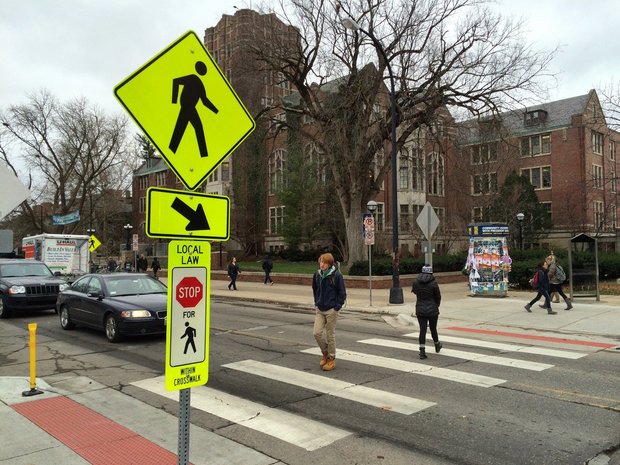It’s Time to Address the Problem of Time – Experiment Needed on Daylight Savings
The Royal Society for the Prevention of Accidents (RoSPA) is calling for an experiment which it believes will show year-round lighter evenings will save lives.
Ahead of the clock change on Sunday, RoSPA is asking for the Government to consider implementing Single/Double Summer Time (SDST) for a set trial period so that its potentially life-saving effects can be properly and accurately assessed.
Road accident data from the Department for Transport shows a consistent trend, in that more pedestrians are killed and injured in the winter months after the clocks go back. Equally, fewer are injured in road accidents after the clocks are put forward in the spring.
In 2014, the latest statistics available, there were 590 more pedestrian casualties in November (2,486) compared to September (1,878), and of those 37 more people were killed (66 compared to 29), and 113 more seriously injured (543 compared to 430).
RoSPA believes that this is down to the onset of darker evenings, and can be simply solved with a move to SDST, when the clocks are an hour ahead all year round – GMT+1 in the winter, and GMT+2 in the summer – and wants to see an experiment implemented for the collection of up-to-date, objective data on the benefits.
Tom Mullarkey, RoSPA chief executive, said: “RoSPA has long advocated a change to SDST, but it is met with a lack of political will and prejudice from some quarters that is based mainly on outdated data.
“The last time anything like an experiment was conducted was in 1968-71, when society, the environment and road use were very different. But even then, when GMT+1 was employed all year round, around 2,500 deaths and serious injuries were prevented for each year of the trial period.
“We firmly believe that if we can collect objective data to show the benefits of SDST to road accidents, we can change the minds of even the staunchest objectors.”
In the meantime, with Sunday’s clock change coming during the Easter weekend, RoSPA is asking people to be careful when taking to the road.
Kevin Clinton, head of road safety for RoSPA, said: “There will be a lot of the people on the road this weekend either heading to or returning from holidays, so drivers should take the hour’s less sleep into account when planning the journey as tiredness behind the wheel can lead to serious accidents.”
It’s Time to Address the Problem of Time – Experiment Needed on Daylight Savings


